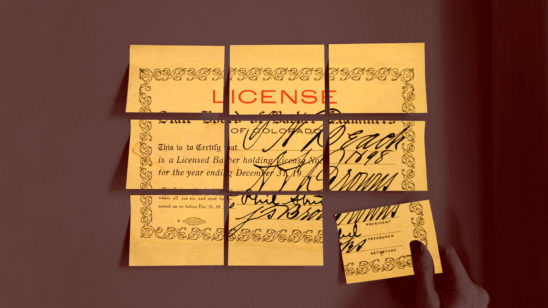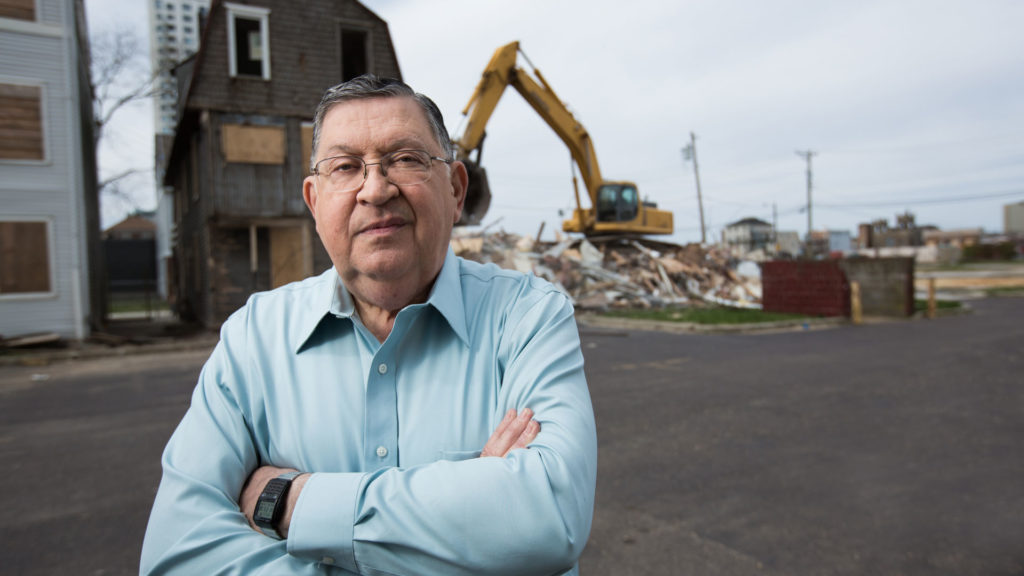The death of a spouse can throw your life into turmoil. From the emotional toll to the practical burdens of dealing with paperwork and organizing funerals, the burden can be difficult to bear. Donna Williams dealt with all of that — as well as a state government that threw up unnecessary regulatory roadblocks at her every turn.
Williams was the caregiver to her husband for 20 years before he died in 2008. After her husband passed away, Williams needed to find work. Since she was already an artist, Williams decided that she would enjoy doing makeup professionally.
She researched beauty schools, eventually settling on one because of its proximity to Hollywood. She assumed, logically, that getting an education as a makeup artist would be enough to work professionally as one. Nearly 500 hours of schooling and $25,000 in tuition fees later, she discovered she was wrong.
When Williams returned to Michigan after completing her schooling, she discovered that the state didn’t offer separate licenses for makeup artists, only cosmetology and esthetician licenses. Unfortunately, both those licenses require hundreds of hours in training in skills that Williams would never need nor use as a professional makeup artist.
“I spent $25,000 on my schooling and have 480 hours of training, plus a two-day, 16-hour airbrushing class,” Williams says. “An esthetician only needs 400 hours of training to get a license. I have more than that! I don’t want to become an esthetician. I don’t want to do facials, I don’t want to do waxing. Getting a cosmetology license requires 1,500 hours of training for things like hair, manicures, pedicures and some makeup. I don’t want to do all that. I just want to do makeup.”
The lack of opportunity has left Williams with no choice but to take what she can get. She counts herself “lucky” to have been connected with a producer who has provided her with a part-time paid apprenticeship to do makeup for corporate videos and photo shoots. But Williams still isn’t breaking even. “The hours haven’t been nearly enough to help her recoup the cost of schooling, let alone turn a profit and make a living,” she says.
Michigan’s inflexible licensing rules may even drive Williams out of the state. “I’m going to be 67, I’m on a fixed income. I absolutely love Michigan but you just can’t make enough money this way,” she laments. Despite the fact that her family lives in Michigan, Williams is looking into moving to Nevada, where her boyfriend lives. “There’s more opportunities to work out there because of the shows. I believe they have similar licensing requirements, but I could find work doing makeup for a show.”
Williams doesn’t regret going to school for her dream — only that Michigan has kept her from fully realizing it. “I’m glad for the choices I’ve made because I love what I do, I just wish I could do more of it.”
Unfortunately, stories like this have played out across the country for thousands of other men and women. Licensing regulations with no basis in professional qualifications or consumer safety prevent Americans from making a living. State leaders have a responsibility to people like Donna Williams to remove these pointless roadblocks wherever they arise.

